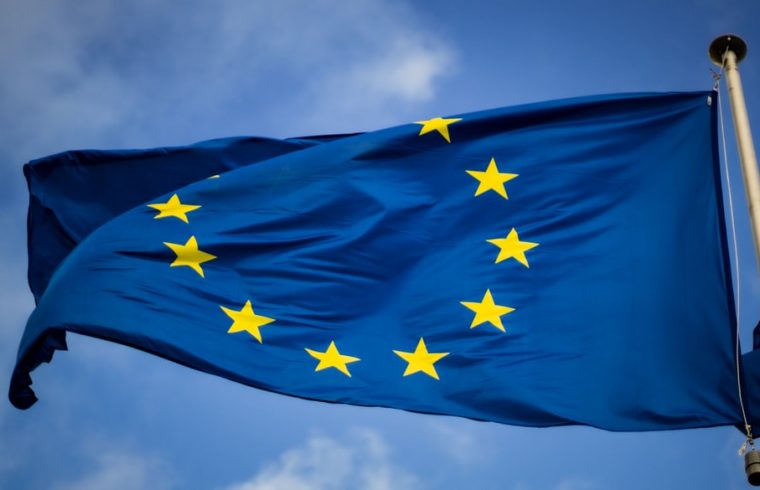“Businesses are facing a rising regulatory tide where properly preparing for compliance is crucial. There is now a simple choice, whether to implement solutions that can deliver this, or instead risk significant financial and reputational damages.”
The EU has passed a broad set of Anti-Money Laundering Regulations (AMLR), which enforce stricter rules for Know Your Customer (KYC) processes at financial institutions.
The new regulations aim to protect against money laundering and the financing of sanctioned individuals and organizations at a time of highly sophisticated criminal enterprises getting away with their theft, fraud, and scams, particularly within the crypto space.
According to 2023 data from Sumsub, 88% of all financial fraud cases targeted cryptocurrency, deepfakes attempts in the crypto sector increased by 128%, and 70% of crypto companies reported a rise in deepfake fraud.
Since cryptocurrency faces the lion’s share of financial fraud, it is only natural that the European Union is enforcing stricter KYC rules to prevent users from fooling CASPs with fake identities to avoid detection.
“The onus is also on crypto platforms”
According to the EU’s new regulations, Crypto Asset Service Providers (CASPs) will be obligated to verify the identity of all customers, store data on cross-border transactions, and report suspicious activity to the relevant authorities.
The rules present a particular challenge for the cryptocurrency industry which will have to deliver more rigorous compliance standards when verifying customers and their payment beneficiaries.
Ilya Brovin, Chief Growth Officer at Sumsub, said: “The EU’s latest AMLR regulations are a welcome response to the advantages that technology is gifting criminals. It takes us a step closer to the safe and transparent crypto industry we all want, which is to be celebrated.
“Businesses are facing a rising regulatory tide where properly preparing for compliance is crucial. There is now a simple choice, whether to implement solutions that can deliver this, or instead risk significant financial and reputational damages. These solutions should also be able to determine the recipient CASP, carry out counterparty due diligence, and screen for sanction breaches. The onus is also on crypto platforms to pay attention to whether the Travel Rule solution provider can ensure data protection during transmission.”
Sumsub published paper “Mastering Travel Rule Compliance”
Sumsub and Mercuryo have together published a paper titled “Mastering Travel Rule Compliance” aimed at providing guidance to Virtual Asset Service Providers (VASPs).
Designed to aid cryptocurrency businesses in understanding and implementing the Travel Rule to ensure compliance and support business growth, the guide is particularly timely as the FATF’s recent survey revealed that 35 of 135 jurisdictions have already enacted Travel Rule legislation, with the European Union set to follow by December 30, 2024.
VASPs need to respond to the growing global commitment to integrating cryptocurrency within regulated financial systems and ensuring a safe, transparent, and compliant environment. The guide addresses the complexity of the regulation and provides practical solutions to stay compliant while minimizing costs and risks.
The Travel Rule, established by the Financial Action Task Force (FATF), mandates that financial entities involved in virtual asset transactions collect and share personal information of both senders and recipients. This regulation is a critical component of anti-money laundering (AML) and counter-terrorism financing (CTF) efforts. It is essential for VASPs and financial institutions to adhere to these guidelines to remain compliant, avoid penalties, and retain their licenses.












